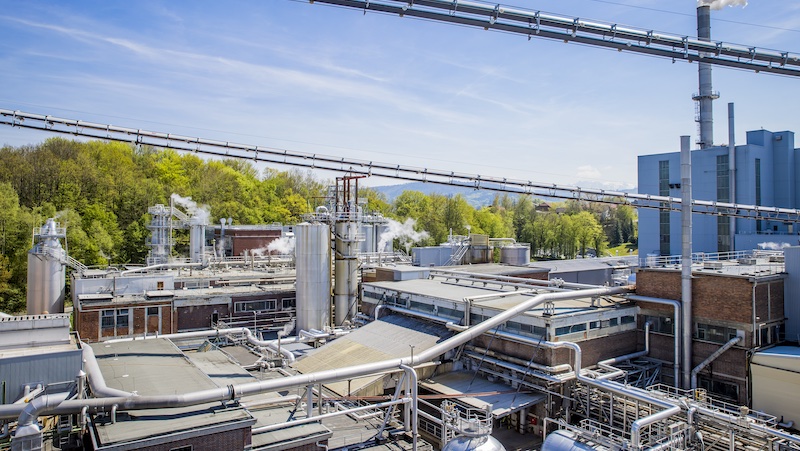Yarn & Fiber
Fiber customers rely on LENZING™ Acetic Acid Biobased

Lenzing has always developed solutions together with partners to meet the industry's requirements for a circular economy. The strategic partnerships with C.P.L., the first licensing partner for LENZING™ Acetic Acid Biobased, and Oniverse underline the trust of customers in Lenzing's biorefinery products. These collaborations are a successful example of the increasing relevance of transparency and more environmentally friendly and sustainable products in the industry. In addition, Lenzing enables improved visibility of its own products for partners and customers through co-branding, whether in the textile and nonwovens sector or in the biorefinery product portfolio.
“The collaboration with C.P.L. and Oniverse is another important step towards promoting the circular economy. Thanks to its high purity and low carbon footprint, our LENZING™ Acetic Acid Biobased plays a central role in many industrial processes. This strategic alliance underlines the industry's trust in Lenzing and our biorefinery products,” says Elisabeth Stanger, Senior Director Biorefinery & Co-Products.
“Our partnership with Lenzing, which has been based on trust and respect since the early 1990s, has always maintained a high level of quality. We are looking forward to the next step that combines quality with sustainability,” says Marco Lanzetti, owner of C.P.L. Prodotti Chimici srl. “As the first license partner for LENZING™ Acetic Acid Biobased, we are proud to be able to promote Lenzing as a brand to our customers, such as Oniverse, in the textile market, reduce our carbon footprint and achieve our sustainability goals,” adds Lanzetti.
“This partnership is a good example of circular economy, showing how different supply chains can work together to optimize waste and reduce the impact of their activities on the environment,” says Federico Fraboni, Head of Sustainability at Oniverse.
The biorefinery process at Lenzing makes optimal use of the renewable raw material wood, the starting material for pulp and fiber production, and converts it into valuable products such as bio-based acetic acid. LENZING™ Acetic Acid Biobased, which has a carbon footprint that is more than 85 percent lower than fossil-based acetic acid, is used in the food, pharmaceutical, cosmetics, chemical and textile industries and in processes in the textile sector, such as washing, dyeing and finishing.
